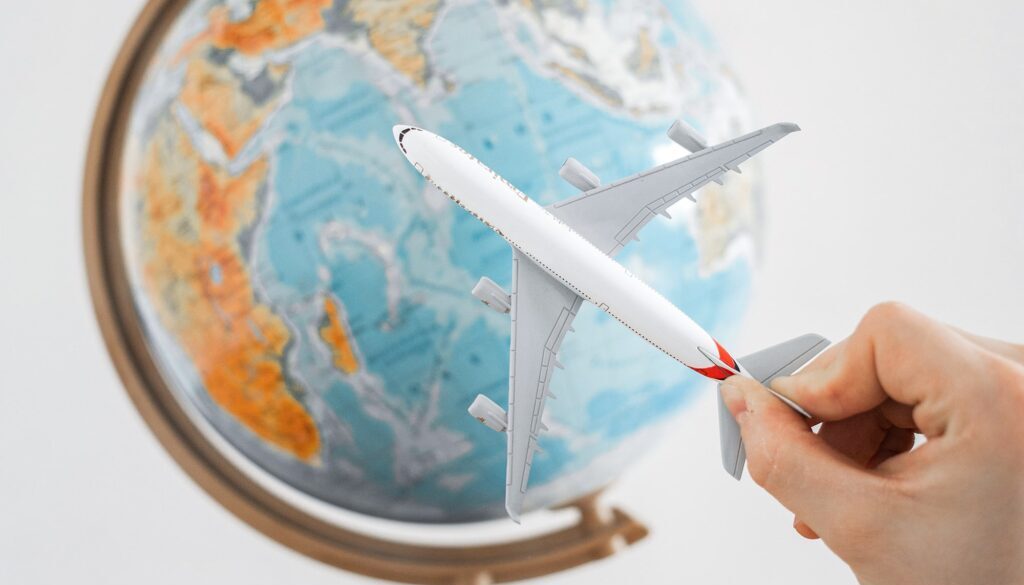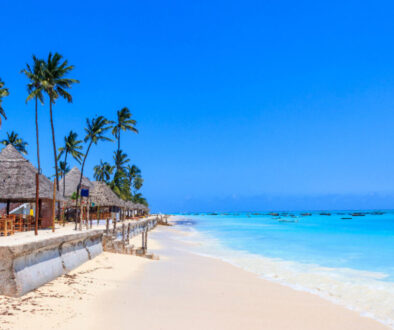Travelling to South America or Africa? You may need the yellow fever vaccine.
If you are travelling to Africa or South America you may be at risk for yellow fever. Yellow fever is a potentially serious and life-threatening disease caused by a virus spread by an infected mosquito that generally bite during the daytime. The best way to prevent yellow fever is to get vaccinated. Some countries also require proof of the yellow fever vaccine for entry, and to visit certain areas of the country (i.e. some National Parks in Colombia).
Yellow fever infection
Many people infected with yellow fever do not have symptoms. If symptoms develop, they usually include fever, chills, headache, backache, muscle aches, weakness, nausea, and vomiting. Most people recover, but about 12% of people infected with yellow fever can develop more serious symptoms including jaundice (yellow skin or eyes), bleeding from multiple body sites, liver, kidney, respiratory and other organ failure, and death (30% – 50% of severe cases).
Yellow fever risk areas
In Africa there is yellow fever risk in parts of or all of the following countries:
Angola
Benin
Burkina Faso
Burundi
Cameroon
Central African Rep.
Chad
Cote d’Ivoire
Dem. Rep. Of the Congo
Equatorial Guinea
Ethiopia
Gabon
Gambia
Ghana
Guinea
Guinea-Bissau
Kenya
Liberia
Mali
Mauritania
Niger
Nigeria
Republic of the Congo
Senegal
Sierra Leone
South Sudan
Sudan
Togo
Uganda
In South America there is yellow fever risk in parts of or all of the following countries:
Argentina
Bolivia
Brazil
Colombia
Ecuador
French Guiana
Guyana
Panama
Paraguay
Peru
Suriname
Trinidad and Tobago (Trinidad only)
Venezuela
Unvaccinated individuals should avoid travel to areas where yellow fever is a risk.
The yellow fever vaccine
The yellow fever vaccine is safe and effective and generally provides protection for life. After receiving the yellow fever vaccine an International Certificate of Vaccination or Prophylaxis is provided which is required for entry by certain countries.
The vaccine can be given to adults and children 9 months of age and older. Common side effects are usually mild and can include headache, muscle aches and fever. Serious reactions to the vaccine, including organ failure or neurologic disease, are extremely rare. For this reason, people who are severely immunosuppressed should not receive the yellow fever vaccine.
People ≥60 years of age may be at increased risk for a serious reaction to the vaccine, particularly if receiving the vaccine for the first time ever. The risk of a severe reaction in people ≥60 years of age is 7.7 per 100,000 doses administered, compared with 3.8 per 100,000 for all YF vaccine recipients. The yellow fever vaccine has safely been given to many people ≥60 years of age who will be at risk for yellow fever disease. The experienced consultants at TravelSafe Clinic will weigh the risks and benefits of the vaccine based on your travel plans. If the risk of the disease is relatively low and it is determined that you should not receive the vaccine due to medical reasons or age, a yellow fever waiver can be provided if proof of yellow fever vaccination is needed for travel.
Yellow fever vaccine shortage
There was previously a yellow fever vaccine shortage so many travellers received a partial dose of the vaccine which provided 12 months protection instead of life. The yellow fever vaccine shortage has ended, and the vaccine is back in regular stock. All travellers needing the yellow fever vaccine will receive a full dose providing lifetime protection.
What should you do if you are travelling to Africa or South America?
Book your consultation at TravelSafe Clinic as soon as possible. We will review your itinerary, vaccine history, and medical history to determine if the yellow fever vaccine is recommended for you.
Don’t let yellow fever put a hiccup in your travel plans! Plan ahead and book your appointment today! Call us at 604-251-1975 or email us at info@travelsafeclinic.ca to book your appointment.



